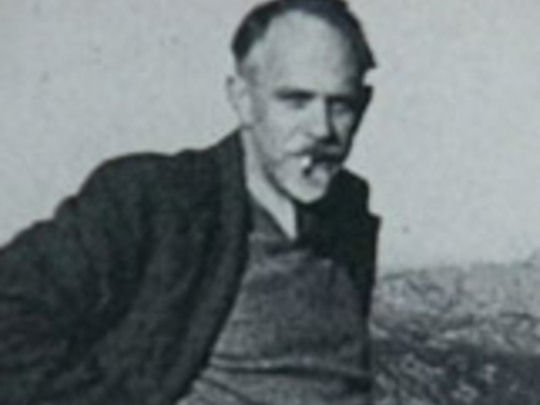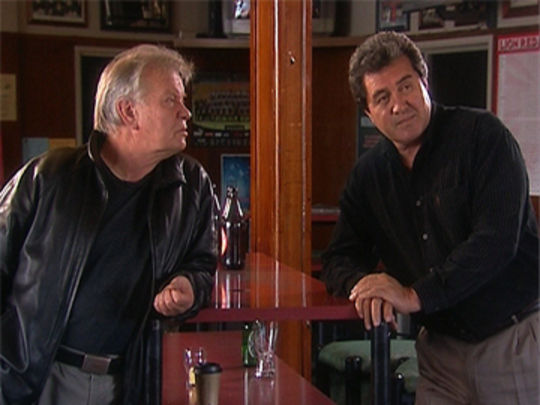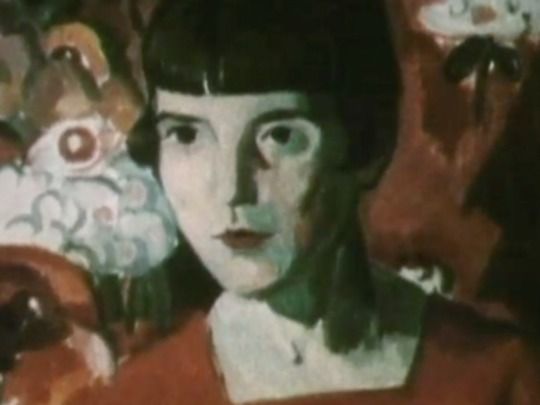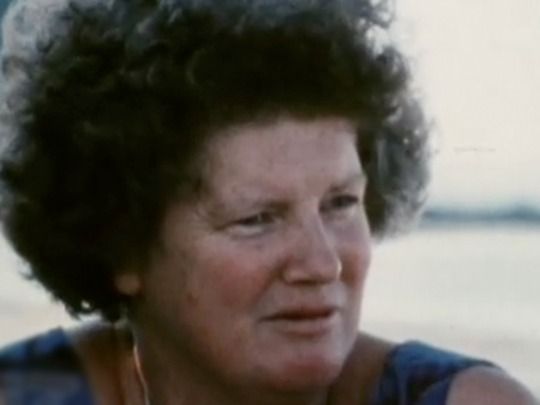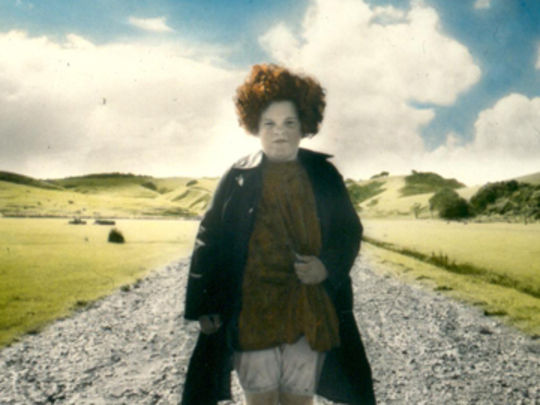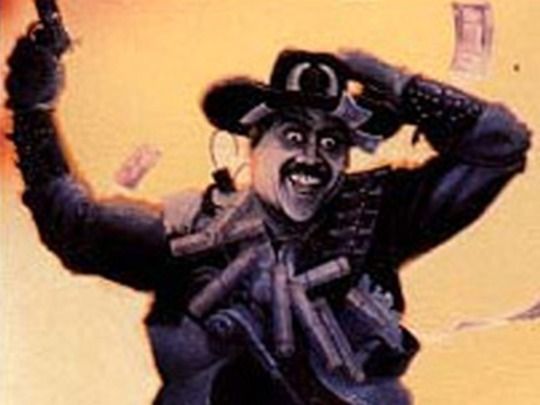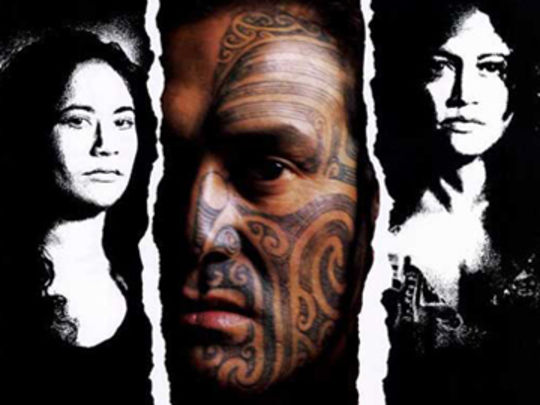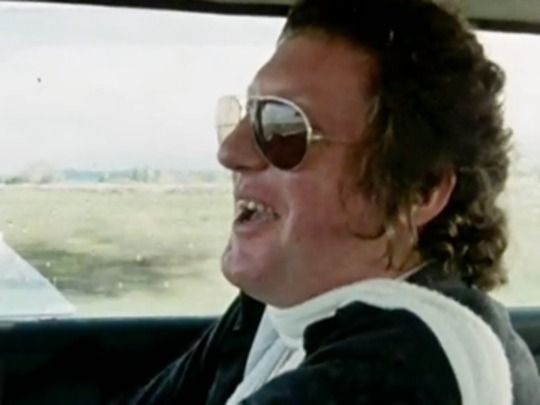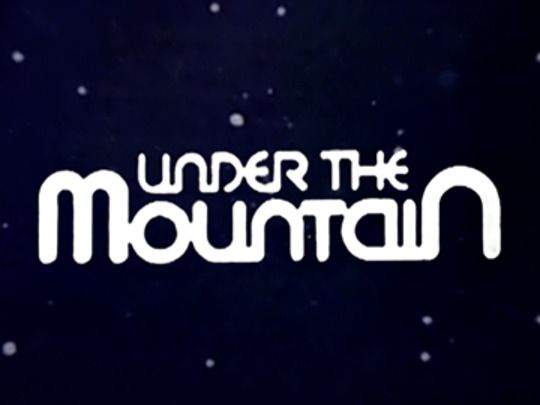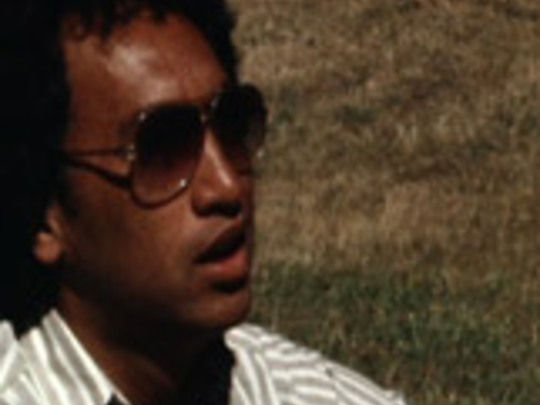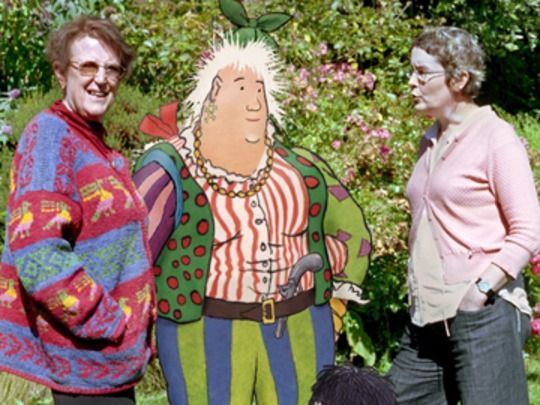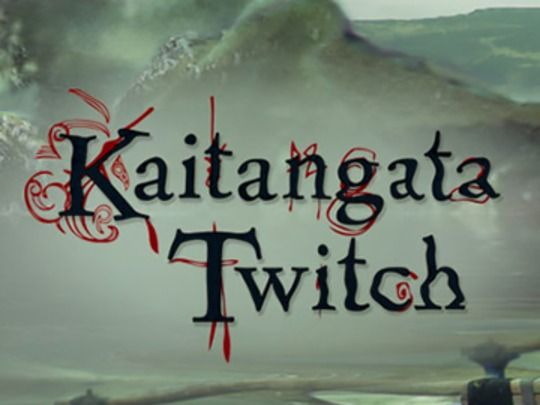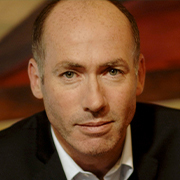NZ Book Collection
In the Beginning there was the Word
In this age of e-books and iPads it seems almost quaint to be discussing the relationship between the screen and the book. Yet, as this collection attests, the written word and the moving image have been converging in New Zealand since well before the advent of interactive touchscreen technology.
Indeed, if the long struggle to develop a uniquely indigenous literary “voice” is a significant aspect of the wider story of the country’s evolving national identity, the role of film and television can be said to be both a valuable record, and an integral — stand-alone — part, of that fascinating journey.
The roll call of Kiwi feature film classics that have their origins in stories drawn from local literature is telling — An Angel at My Table, Once Were Warriors, Whale Rider, The Quiet Earth, Came a Hot Friday, Rain, Sleeping Dogs and many more. And, if you stretch the list to include adaptations of off-island writers you'd have to add Peter Jackson's Oscar-slaying epic treatment of British author JRR Tolkien’s Lord of the Rings trilogy ...
Having worked on several series of book shows — even called The Book Show to begin, which evolved into The Good Word — I can testify that our literary past has been extremely well documented and also extensively adapted for both film and television. Indeed, with a few exceptions, archive searches for stories about writers or individual books have often revealed long-buried and priceless footage in the form of interviews (eg. the Three New Zealanders series featuring rare interviews with Janet Frame, Ngaio Marsh and Sylvia Ashton-Warner) and largely forgotten dramatisations (eg. in Ronald Hugh Morrieson telly bio One of Those Blighters). In that sense, this collection is also a tribute to those who cared from the beginning, and who threw their talents and passion into preserving such a precious legacy.
It’s one thing, for instance, to read about pioneering crime writer and theatre director Ngaio Marsh’s legendarily deep voice and its effect on other people, but quite another to hear it booming out from an old television interview, every bit as impressive (and disconcerting) as it must have been at the time.
To then be able to use excerpts from the television treatment of her classic high country whodunit, Died In The Wool, meant our mini-documentary about her and the book could come to life in ways we hadn’t foreseen at the project’s outset.
In many ways, of course, making television about a writer is an easier proposition than adapting a book for the screen — something perhaps evident in the dual strands of this collection. A documentary — like a life — has an essential narrative momentum that can carry a story forward. Books, however, contain their own internal logic. Thought, as much as action or speech, is often central to their meaning. Time works in different ways. A book is not a script, and, as anyone who has shot one will tell you, a script is not a film. Yes, both books and film involve stories, but they tell them in very different ways, with their own grammatical and structural rules.
So it has always seemed to me the most successful films based on books are those that avoid a stock retelling of the original. They are often ruthless in their borrowing and discarding — which is why it’s a mistake to watch the film of a book you loved with any expectation of reliving the reading experience.
A very good example of this — and in my opinion one of the most successful New Zealand feature films ever — is In My Father’s Den, Brad McGann’s inspired 2004 retelling of Maurice Gee’s 1972 novel. The film works precisely because the essential emotional core of the story is retained, not its literal framework.
On the other hand, some films have deviated from the original novel’s intent and meaning to less successful effect. Sleeping Dogs, despite being a seminal moment in the development of New Zealand cinema, rather diminishes CK Stead’s novel Smith’s Dream, becoming a somewhat overwrought melodrama rather than a political parable about our response to the Vietnam War. Which is not say the film didn’t get some things very right — four years after its release the 1981 Springbok tour saw scenes of riot police and civil disorder that were eerily reminiscent of Sleeping Dogs (captured nowhere more compellingly than in Merata Mita's documentation of the protests in Patu!).
There are inherent difficulties, too, in talking about books — or to their authors — for television. Simply describing plot and character is not enough, and yet getting to the essence of a novel’s appeal without appearing trite or superficial can be surprisingly tricky. I think it may be to do with the intangible magic of all great (or even merely good) art.
Trying to capture or define it is almost futile, because the experience of reading is so personal and subjective. Compounding this is the fact that writers are often solitary creatures who don’t particularly enjoy talking about their work, and who sometimes struggle to explain the source of their own ideas and creativity.
That said, the rewards far outweigh the frustrations. To be able to interview someone such as CK Stead, who not only knows a lot about the likes of Janet Frame, Frank Sargeson and Allen Curnow, but who actually knew them in person, and who is a significant literary figure in his own right, is a blessing for any documentarian.
Similarly, to help revive interest (albeit in a minor sense) in a cruelly overlooked novelist like David Ballantyne (whose Sydney Bridge Upside Down is a lost classic of New Zealand literature and should be picked up by the right filmmaker) is immensely satisfying. To record the moving thoughts and memories of Robin Hyde’s son — including his feelings about working with the young actor who played him in Iris, the television biopic of his extraordinary mother — is to feel in some small way a part of a longer, bigger story.
That story is only enriched by the works in this collection, all of which in their own way signify and celebrate that little thing from which so much else flows — the written word.
Finlay Macdonald edited The Listener from 1998 to 2003. On television he has presented The Book Show and Talk Talk. After an earlier stint as Commissioning Editor at Penguin New Zealand, he joined Harper Collins to steer its local publishing programme in 2013.
